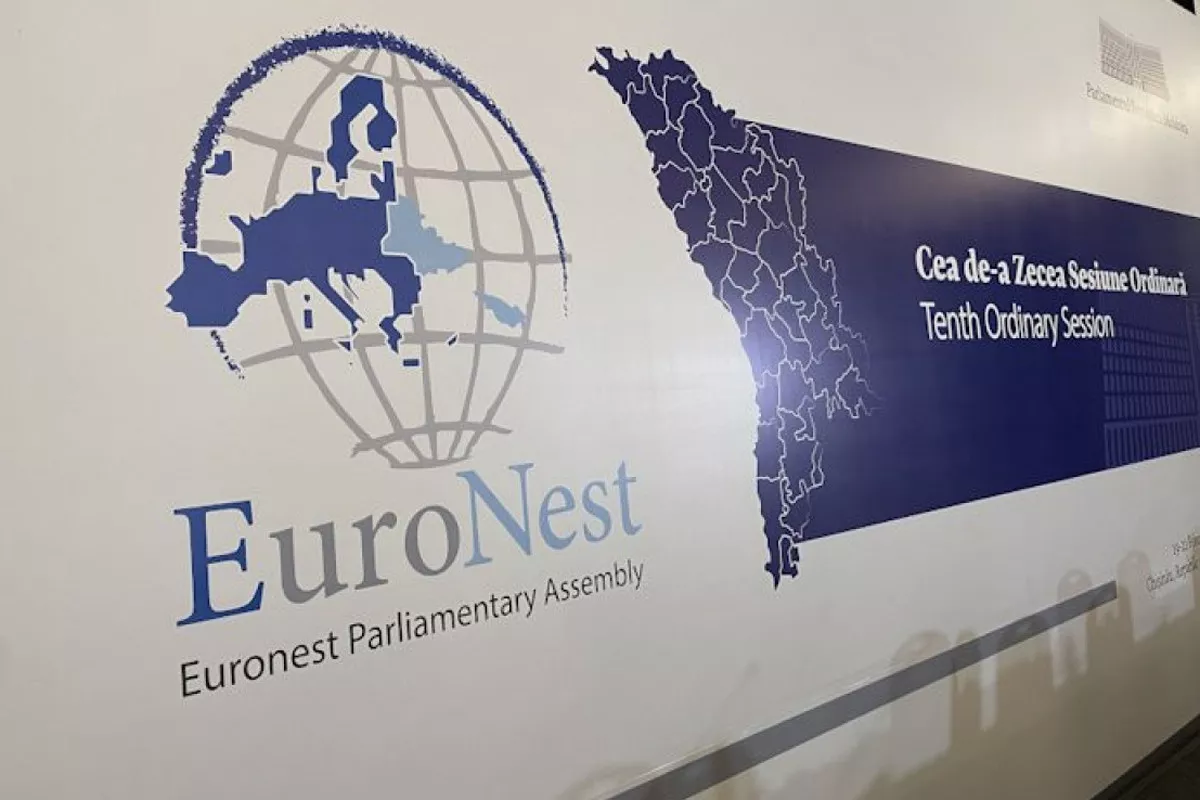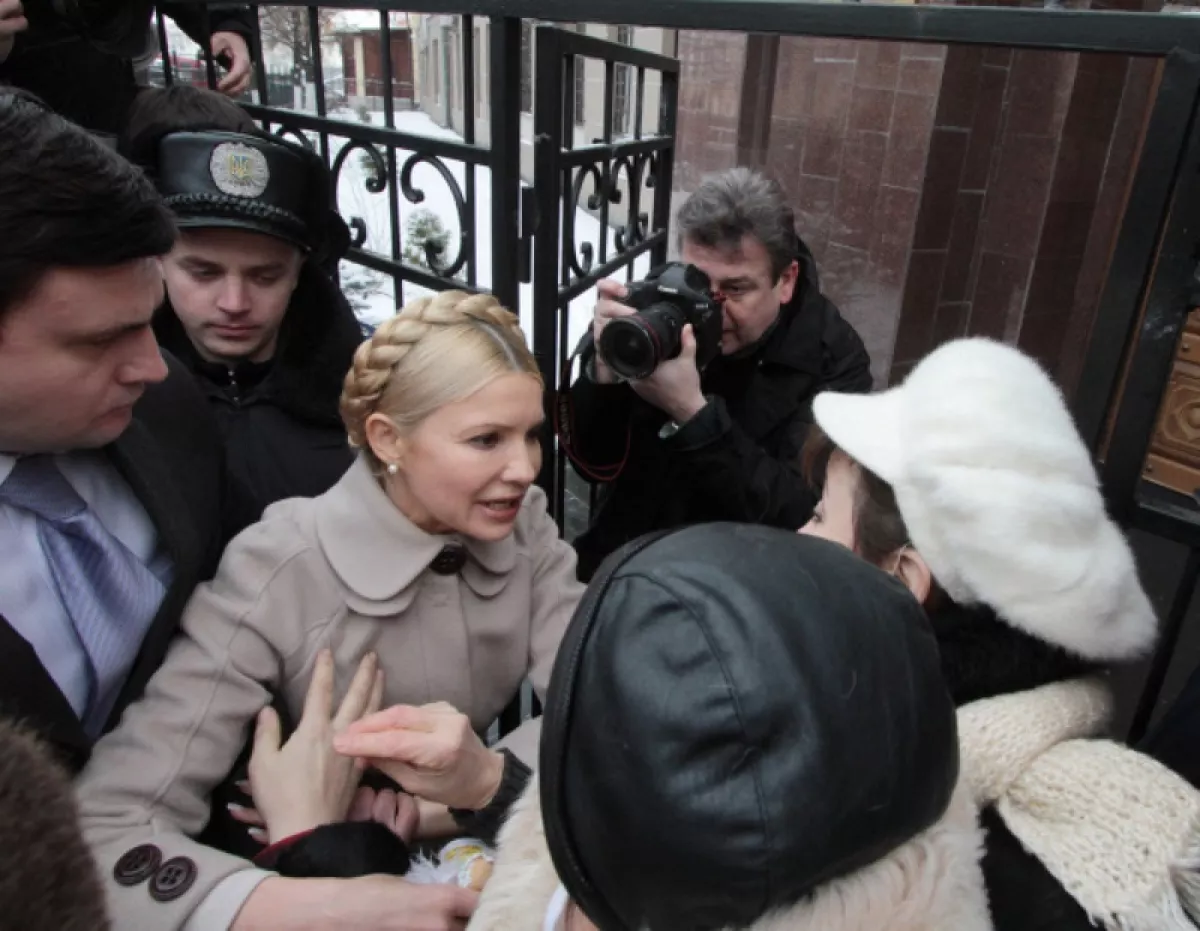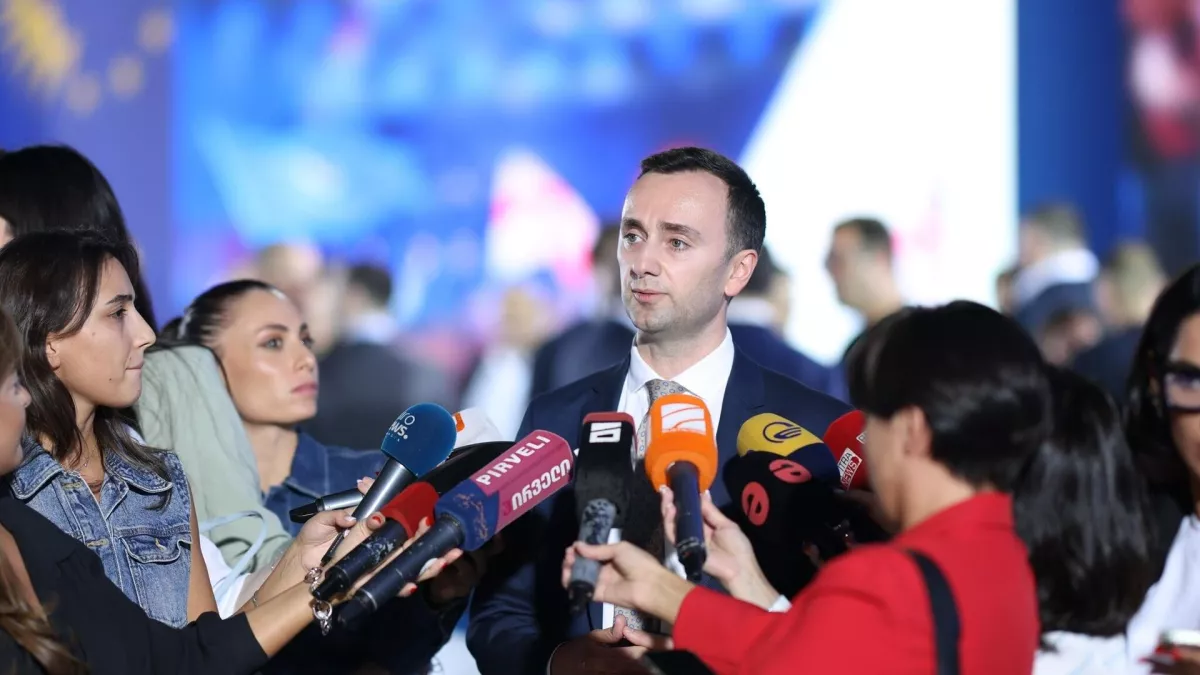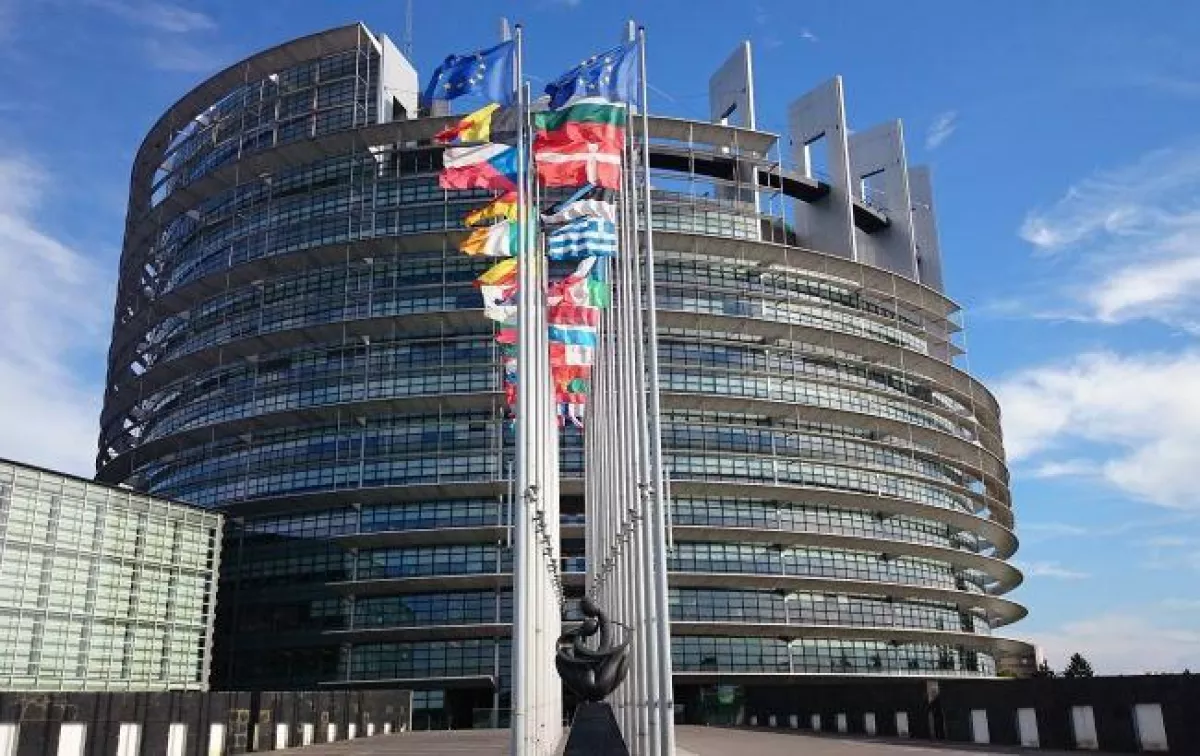Georgia: When national interests trump the European “carrot” Article by Vladimir Tskhvediani
On October 27, 2025, it was announced that the parliamentary delegations of Georgia and Azerbaijan would not participate in the 12th plenary session of the Euronest Parliamentary Assembly (PA) in Yerevan, scheduled for October 28–30. To understand the reasoning behind this decision by the Georgian and Azerbaijani leadership, it is important to first recall what the Euronest PA represents—and whose interests it primarily serves.

Originally, the Euronest PA was created as a platform for cooperation and closer ties between the European Parliament and the parliaments of the countries participating in the EU Eastern Partnership programme. The programme included six states — Azerbaijan, Armenia, Belarus, Georgia, Moldova, and Ukraine. The founding act of the Euronest PA was signed in Brussels on May 3, 2011. However, the European Parliament (or, more accurately, the Brussels bureaucracy) soon began exerting overt pressure on the Eastern Partnership countries, openly interfering in the internal affairs of these states.
From its inception, the Euronest PA has functioned as a kind of “extended arm of the European Parliament,” relaying Brussels’ narratives. For example, between 2011 and 2013, when Ukrainian authorities occasionally disagreed with EU policies, the Euronest PA was used to exert direct pressure on Kyiv—including demands to amend national legislation, which, it should be emphasised, is the sole prerogative of any sovereign state.

In particular, on April 3, 2012, the Euronest PA adopted a resolution calling on the Ukrainian authorities to immediately amend Article 365 of the Criminal Code of Ukraine, under which former Prime Minister Yulia Tymoshenko had been convicted.
After the 2013–2014 Maidan, Ukraine fully aligned itself with Brussels’ policies, and the main target of EU pressure through the Euronest PA became Belarus. Since 2021, Belarus has suspended its participation in the EU Eastern Partnership, and its representatives no longer take part in the Assembly’s work.
Given the confrontational stance of the European Parliament towards the current Georgian leadership and its open support for the radical opposition, it was clear that the Euronest PA would be used by Brussels to exert pressure on Tbilisi. As a result, Georgia declined to participate in the 12th plenary session of the Euronest PA in Yerevan (October 28–30, 2025).

The Chair of the Parliamentary Committee on European Integration, Levan Makhashvili, sent an open letter to the leadership of the Euronest PA, explaining his parliament’s decision by pointing to the following actions of European parliamentarians.
First, the hostile rhetoric of certain members of the European Parliament and their participation in protests in Tbilisi contradict the principles of mutual respect and go beyond the bounds of parliamentary diplomacy.
Second, individual members of the European Parliament delegation to the Euronest PA have made statements that incite public unrest, radicalisation, and violence in the country, while resolutions and reports continue to ignore the democratically expressed will of the Georgian people.
Third, Georgian parliamentarians are deeply concerned about the decision to invite certain individuals to the plenary session under the guise of “civil society” representatives, despite their support for declaring elections illegitimate, undermining democratic institutions, and the recent attempt to overthrow the government in Georgia.
Finally, by providing a platform to these individuals, Euronest encourages anti-democratic behaviour and legitimises violent and radical political agendas.
Thus, the 12th session of the Euronest PA was effectively planned by the European Parliament as a tool to support Georgia’s radical opposition and to advance another “revolution” and unconstitutional change of power in the country.

The EU is once again calling Georgia’s sovereignty into question, seeking to impose its will on the nation. This raises a natural question — what drives such insistence from the European Parliament? Why are European parliamentarians attempting to use even the Euronest PA, a forum created for formally equal dialogue, as a means of openly pressuring the Georgian authorities?
The fact is that the Georgian leadership’s defence of the country’s sovereignty and refusal to bow to Brussels’ dictates creates a precedent of “disobedience” at a particularly challenging time for the European Union project itself. Today, the EU is facing a deepening systemic economic crisis, and for Brussels, it is crucial that the European Union continues to appear as the “realisation of a dream” for small national states — so that they strive to join the EU “at any cost” and unconditionally transfer their national sovereignty to the Brussels bureaucracy.
There is nothing new in this: financial pyramids and totalitarian sects survive using similar schemes — they need “neophytes” ready to willingly hand over their resources, comply with all leadership demands, and become “expendable” for the sake of preserving the structure.
After Georgia made it clear that membership in the EU “at any cost” was unacceptable and that the country has its own interests and values, the EU struck back following its usual approach of addressing internal problems at the expense of new members or powerless candidates. Euroscepticism intensified, as Georgia joined the ranks of countries like the UK, which left the EU, and Hungary and Slovakia, which firmly defend their sovereignty. And most notably — despite its “defiance” of Brussels, Georgia’s economy is growing at the fastest rate in Europe.
At the same time, military hysteria is being whipped up in the EU, with increasing calls to prepare for a “major European war.” The fate Brussels has in store for “European neophytes” in the event of such a war is bleak — especially for those bordering Russia. In Europe, there is little attempt to hide intentions to expand the scale of the Russia–Ukraine conflict, and Georgia has been identified as the first candidate for opening a “second front.” It is fully understood, however, that the country could not withstand the Russian military machine for long, and any war would inevitably cut off all transit routes through Georgia, including the Middle Corridor — a key driver of its economic growth.
The Georgian authorities’ refusal to accept this prospect and their unwillingness to be drawn into a military adventure largely determined the focus of certain European political circles on replacing Georgia’s leadership with a more “compliant” one. Judging by the rhetoric of some MEPs, they have no intention of backing down from these plans.

The reaction of Polish MEP Krzysztof Brejza to the Georgian delegation’s refusal to participate in the Euronest PA was telling. “The Georgian Dream delegation didn’t show up at Euronest in Yerevan. No surprise — when your 2024 ‘elections’ are rigged and your legitimacy questioned across Europe, empty chairs are easier way. They call us ‘hostile’ for standing with the Georgian people. In truth, it’s their own hostility to democracy and Europe that isolates them. I’m in Yerevan to represent the values Georgia’s citizens still believe in — freedom, truth, and a European future,” he wrote.
In essence, Krzysztof Brejza reflects the sentiment of the majority of European parliamentarians towards Georgia, and in the near future, new “European demarches” against the country’s authorities, who defend national interests, can be expected.
By Vladimir Tskhvediani, Georgia, exclusively for Caliber.Az








